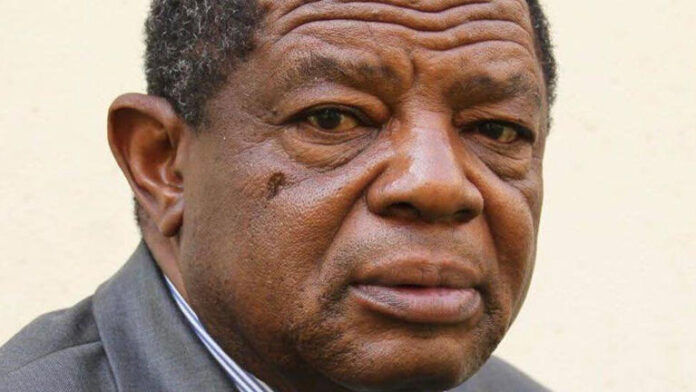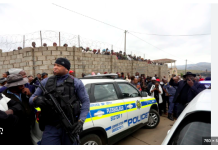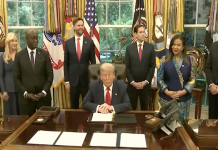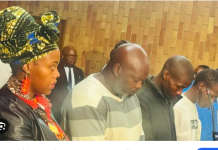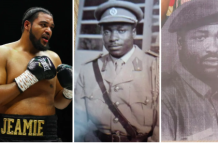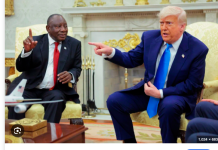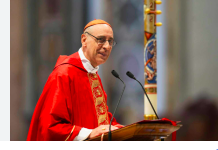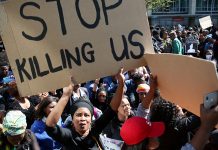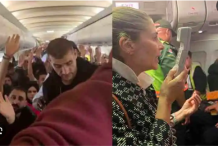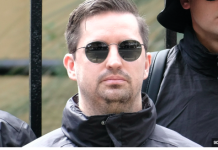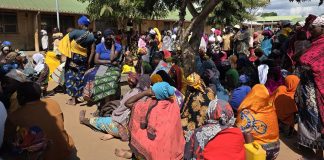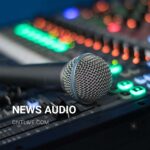
/
RSS Feed
A long convoy of armoured personnel carriers rolling through a Harare neighbourhood in mid-February briefly sparked fears of a military coup in Zimbabwe.
“What’s going on in Zimbabwe?” one person posted on social media. Another remarked: “The last time this happened, there was a coup.”
The concerns were quickly dismissed by government spokesperson Nick Mangwana, who explained that the convoy was part of a scheduled military drill to test equipment and was “nothing to be concerned about.”
Yet, the public anxiety and speculation reflected the unease gripping the nation, particularly within the ruling Zanu-PF party, where calls for President Emmerson Mnangagwa to step down have surfaced for the first time since he took power in 2017.
A Party Divided: The Bombshell Challenge
Mnangagwa, who rose to power following Robert Mugabe’s ousting, is now facing dissent from within his own party. Leading the charge is war veteran and Zanu-PF central committee member Blessed Geza, known as “Bombshell.”
Geza became incensed when party loyalists began pushing for Mnangagwa to seek a third term, despite Zimbabwe’s constitution limiting presidents to two five-year terms.
In a series of fiery press conferences—often laden with expletives and impassioned rhetoric—Geza called for Mnangagwa to step down.
“I must apologise for helping him come into office,” he said, accusing the president of escalating corruption and placing family interests above the nation.
“Mnangagwa has surrendered state power to his wife and children. We sadly see history repeating itself. We can’t allow that to happen.”
His remarks, deemed “treasonous” by Zanu-PF, led to his expulsion from the party and a police manhunt. He now remains in hiding, continuing to issue taunts and threats of protests via social media.
He is wanted on four charges, including vehicle theft, undermining the authority of the president, and inciting public violence.
Adding to the crackdown, journalist Blessed Mhlanga, who first interviewed Geza in November, has also been arrested for allegedly transmitting a message that incites violence.
Third-Term Controversy: A Brewing Storm
Mnangagwa’s second and final term is set to expire in 2028, but since last year, his supporters have been pushing a “2030 agenda”—a campaign suggesting that he should stay in power to complete his economic development programme.
At Zanu-PF’s December conference, a motion was passed to extend Mnangagwa’s term until 2030, although it did not explicitly call for a third term.
Despite a recent assurance from Mnangagwa that he intends to step down in 2028, the debate has drawn criticism from influential Roman Catholic bishops, who issued a pastoral letter condemning the distraction from Zimbabwe’s real crises:
-
Business closures
-
High unemployment
-
Rampant corruption
-
Policies favoring the elite over ordinary citizens



